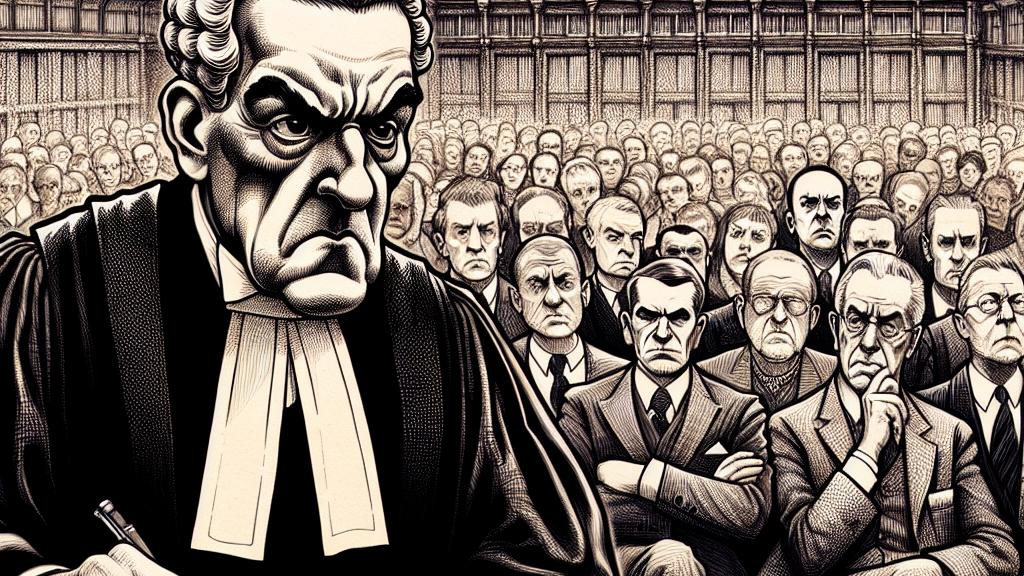Thaksin's Dubai Dreams Dashed: Court Shoots Down Medical Trip!
Overview
- Thai court denies Thaksin Shinawatra's request to travel to Dubai for medical care.
- The court asserts Thaksin's health needs can be met in Thailand and his Dubai appointments are not essential.
- This denial comes right before Thaksin's scheduled court hearing on serious lese majeste charges.

Court Denies Travel Request
In a significant judicial ruling, the Criminal Court of Thailand denied former Prime Minister Thaksin Shinawatra's request to travel to Dubai for medical treatment. This decision comes after Thaksin sought permission to leave the country from August 1 to August 16, claiming he needed specialized care for chronic lung and cardiovascular conditions. The court emphasized that Thaksin's medical issues are not unique and that he could receive equivalent treatment within Thailand's healthcare system. This ruling serves as a reminder that high-profile figures are not immune to legal scrutiny and must adhere to judicial procedures.
Health Concerns and Legal Context
Thaksin, who is now 75, has faced ongoing health challenges that have necessitated extended medical attention, including chronic lung inflammation and other serious ailments. Since his return from self-imposed exile, he has been subject to significant legal battles, including a prominent court case regarding allegations of defaming the monarchy. His recent hospitalization at Police General Hospital illustrates the complexities surrounding his treatment and the debate over healthcare access for individuals in politically charged situations. The court's refusal to allow travel, especially just before an important hearing on August 19, raises questions about the intersection of health, law, and political accountability in Thailand.
Implications of Lese Majeste Laws
This court ruling highlights broader implications regarding Thailand's lese majeste laws, which have been criticized both locally and internationally for being used to stifle dissent and restrict free speech. Recent events have shown an increase in the prosecution of activists and political figures under these stringent laws, raising concerns about the potential erosion of democratic rights in Thailand. As Thaksin navigates his legal challenges, the ruling sends a clear message that the judiciary remains vigilant on ensuring compliance with legal norms, regardless of political stature. The evolving narrative around lese majeste laws may ignite greater public discourse and possibly lead to movements advocating for reform, particularly as younger generational voices demand more freedoms and democratic processes.

Loading...